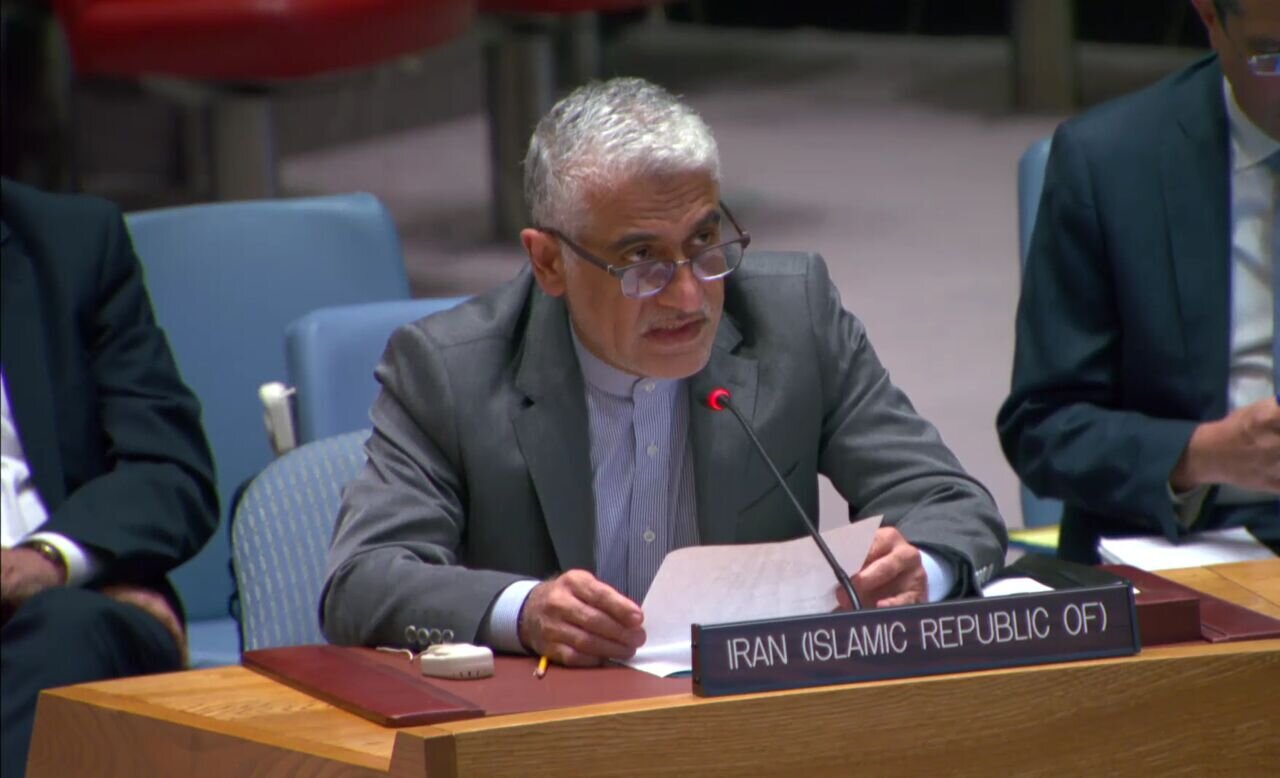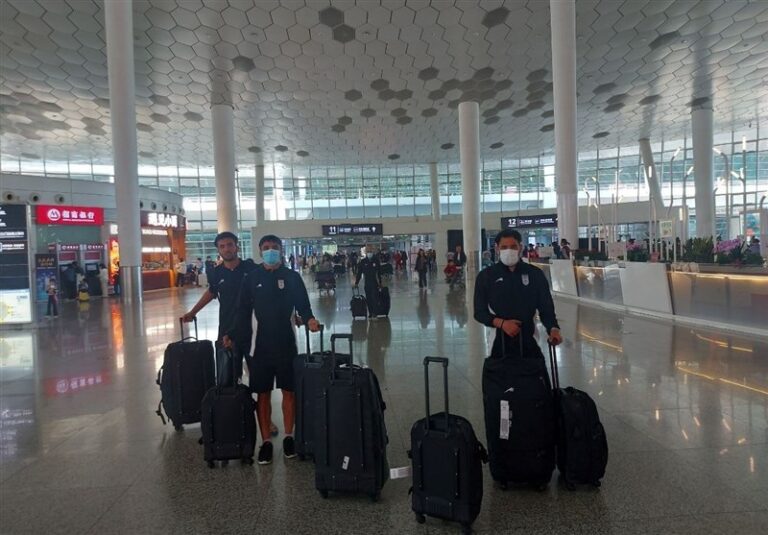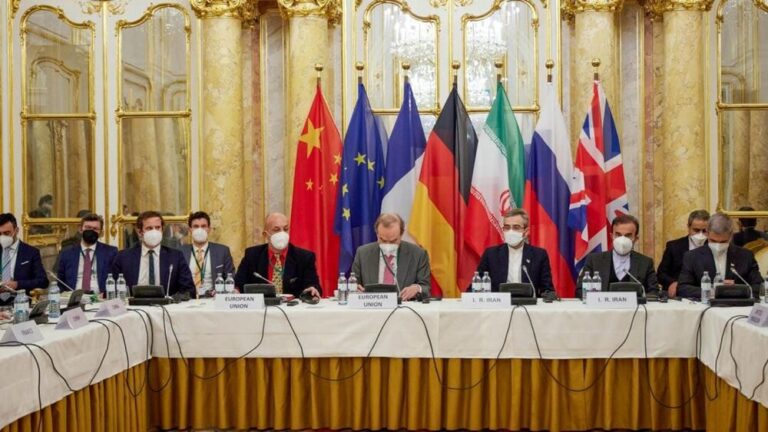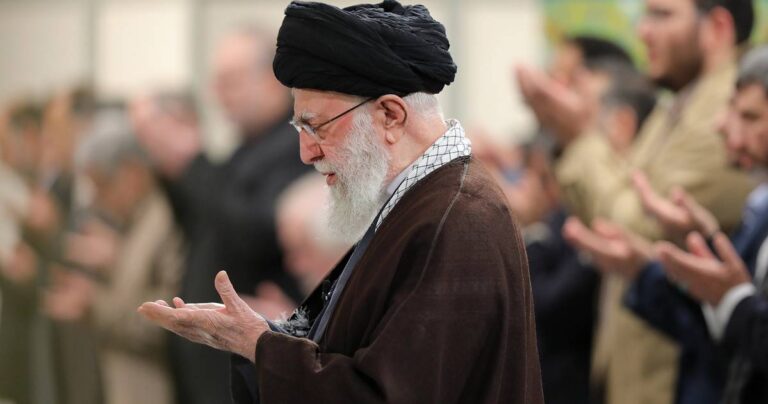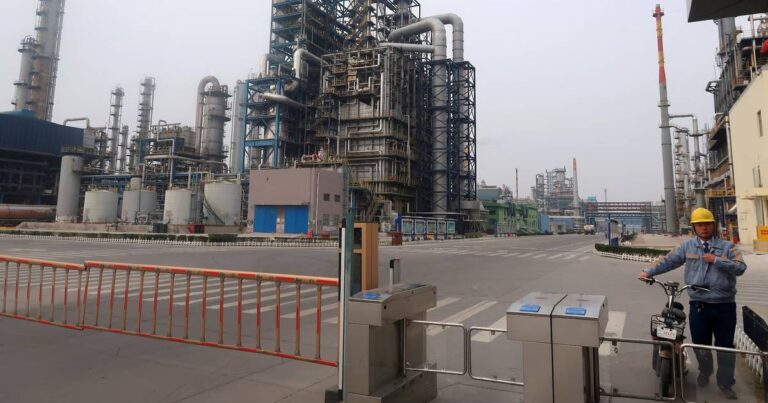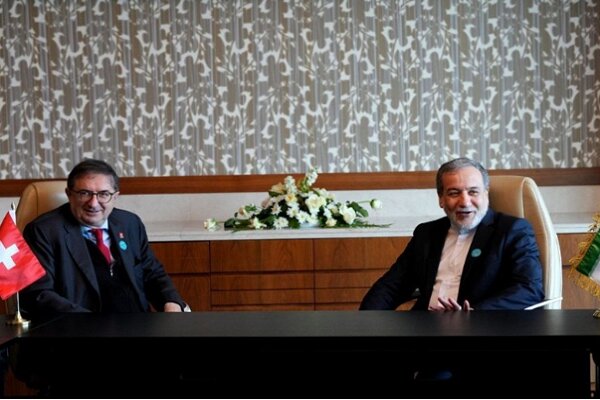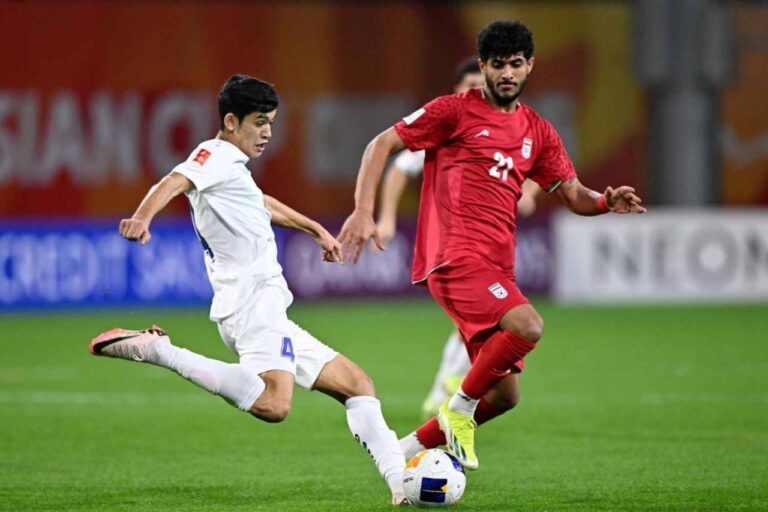Iran’s UN Envoy Urges Formation of an Inclusive Government to Restore Stability in Syria
In recent discussions regarding the humanitarian and economic challenges facing Syria, Iran’s Ambassador to the United Nations, Saeid Iravani, highlighted critical issues during a meeting of the Security Council. The ambassador’s statements emphasized the urgent need for international cooperation and action to address the ongoing crisis in Syria.
In a detailed address, Ambassador Iravani expressed his views on several pressing matters concerning Syria’s situation:
- Humanitarian and Economic Challenges: Syria is grappling with significant humanitarian and economic hardships. The ambassador stressed the necessity of prioritizing the reconstruction of essential infrastructure and services. He pointed out that early recovery projects are vital for rebuilding the nation. However, these efforts are severely undermined by unjust and unlawful extraterritorial sanctions imposed by the U.S. and the EU. He argued that temporary relief or limited humanitarian exemptions are not sustainable solutions, emphasizing that these measures must be fully lifted. The ambassador noted that such sanctions disproportionately affect the most vulnerable populations, infringing upon the fundamental rights of the Syrian people and hindering the nation’s recovery. Moreover, he stated that removing these sanctions is crucial for facilitating the safe, dignified, and voluntary return of Syrian refugees and displaced persons.
- Resurgence of Terrorism: The ambassador underscored the escalating threat posed by terrorism in Syria. He mentioned the presence of foreign terrorist fighters (FTFs) whose conflicting agendas have exacerbated instability, threatening both regional and global security. He echoed the concerns of the Under-Secretary-General of the United Nations Office of Counter-Terrorism, who warned about the risk of advanced weapons stockpiles falling into the hands of terrorists. An estimated 42,500 individuals with alleged ties to terrorist organizations remain in detention camps in northeastern Syria. Ambassador Iravani insisted on the necessity of a structured repatriation process for these individuals to restore stability in Syria and the surrounding region.
- Rights of Communities: It is imperative that the rights of all communities in Syria are respected per international law. The ambassador called for an immediate halt to any political pressure or harassment aimed at displacing minorities in Syria, particularly Alawites and Shiites. He emphasized the importance of safeguarding Syria’s religious sites to preserve the country’s identity and unity. All communities, he stated, must have unrestricted access to their religious places and the freedom to practice their rituals without fear of persecution.
- Israeli Occupation: The ambassador highlighted Israel as a persistent threat to Syria, citing numerous violations of the country’s sovereignty and territorial integrity. He condemned Israel’s refusal to withdraw from the occupied Golan Heights, an action supported by the United States. Ambassador Iravani urged the Security Council to take decisive measures to halt these violations and compel Israel to withdraw from all occupied Syrian territories.
- Commitment to Syria’s Sovereignty: Iran reiterated its unwavering commitment to Syria’s sovereignty, independence, unity, and territorial integrity. The ambassador asserted that the future of Syria must be determined solely by its people, free from external interference. He endorsed the formation of an inclusive government through free elections and comprehensive national dialogue, ensuring fair representation for all Syrians. Ambassador Iravani referred to Resolution 2254 (2015) as a clear framework, emphasizing constitutional reform as a priority. He also highlighted Syria’s rightful place in the international community and Iran’s commitment to its international obligations while safeguarding its sovereignty.
- Rejection of U.S. Allegations: The ambassador categorically rejected the unfounded allegations made by the United States against Iran. He characterized these accusations as attempts to distort the truth and mislead the international community. He noted that such claims are a product of directives from Washington, aimed at accusing Iran at every Security Council meeting. Ambassador Iravani stated that the facts demonstrate that, under the guise of counterterrorism, the U.S. has repeatedly violated Syria’s sovereignty and provided safe havens for terrorist groups, furthering its geopolitical ambitions.
- Conclusion: In conclusion, Ambassador Iravani reaffirmed Iran’s dedication to fostering peace and stability in Syria and the broader region. He expressed Iran’s readiness to collaborate with the United Nations, regional partners, and the Syrian government, which represents the will of the Syrian people. He reiterated support for the efforts of UN Special Envoy Geir Pedersen, emphasizing that the United Nations must play a central role in this process.
This comprehensive address by Ambassador Saeid Iravani sheds light on the complex situation in Syria, underscoring the need for a concerted international effort to address humanitarian issues, combat terrorism, and uphold the rights of all communities within the country. The commitment to Syria’s sovereignty and the rejection of external interference are vital steps toward ensuring a stable and peaceful future for the nation.
